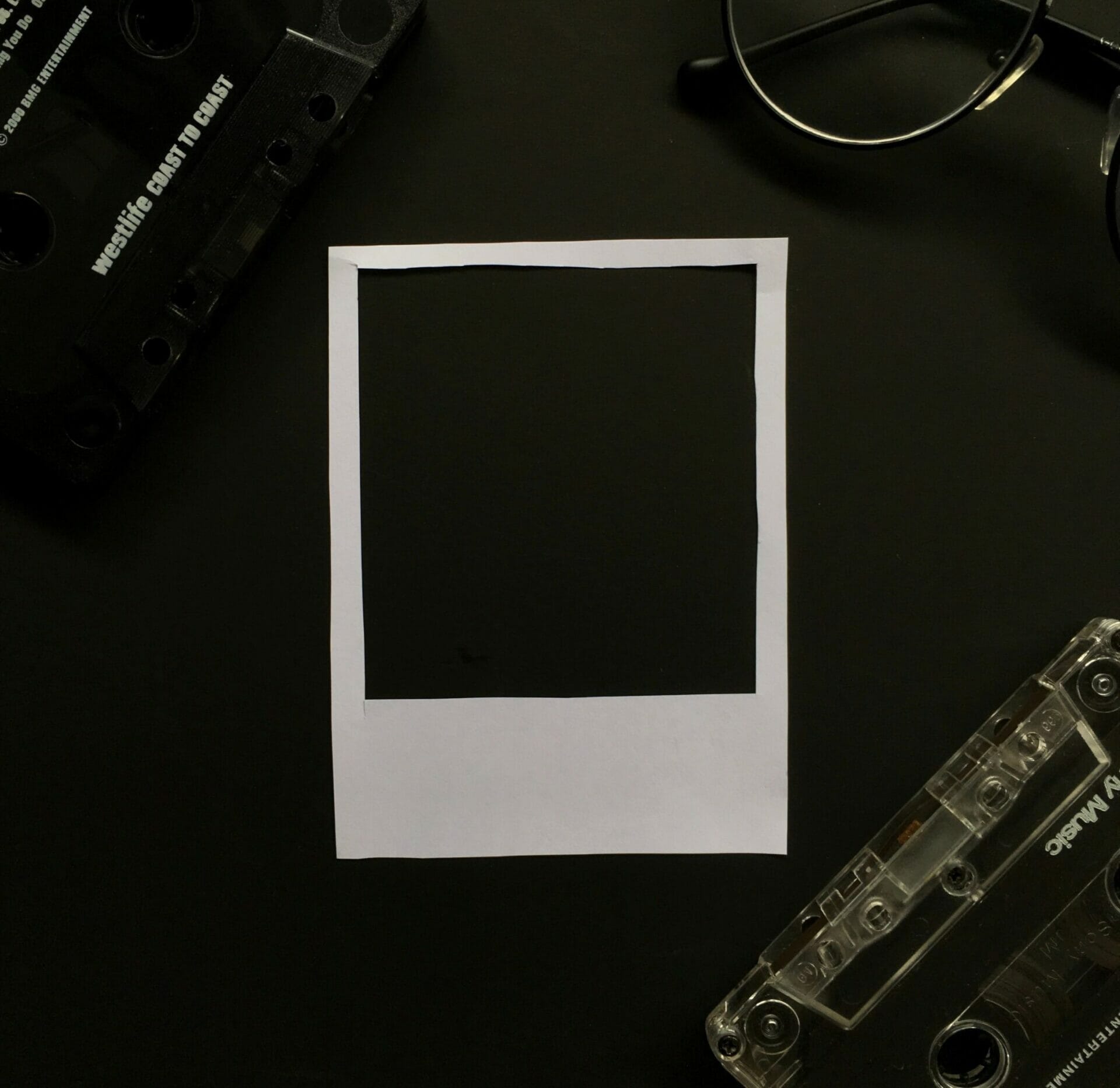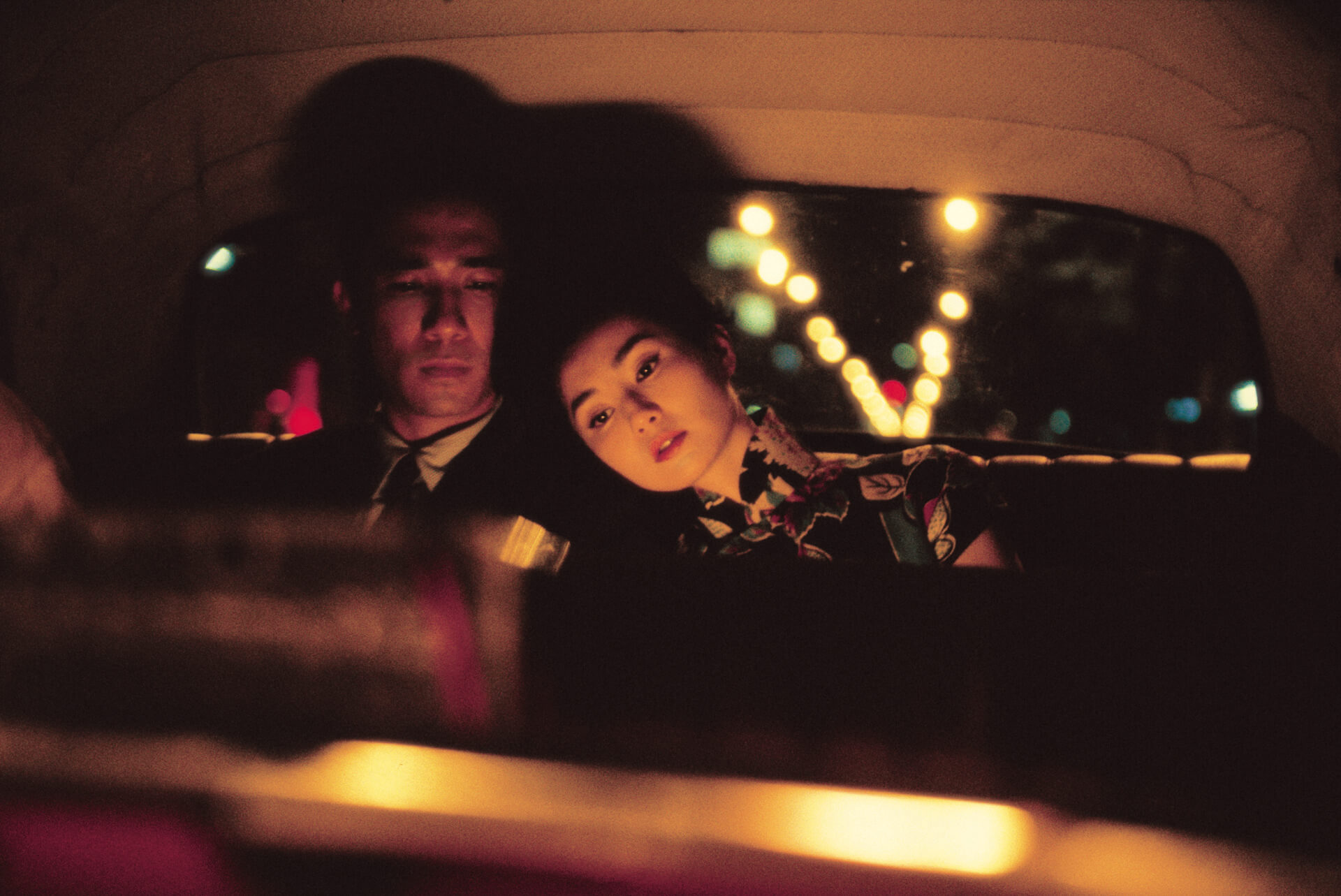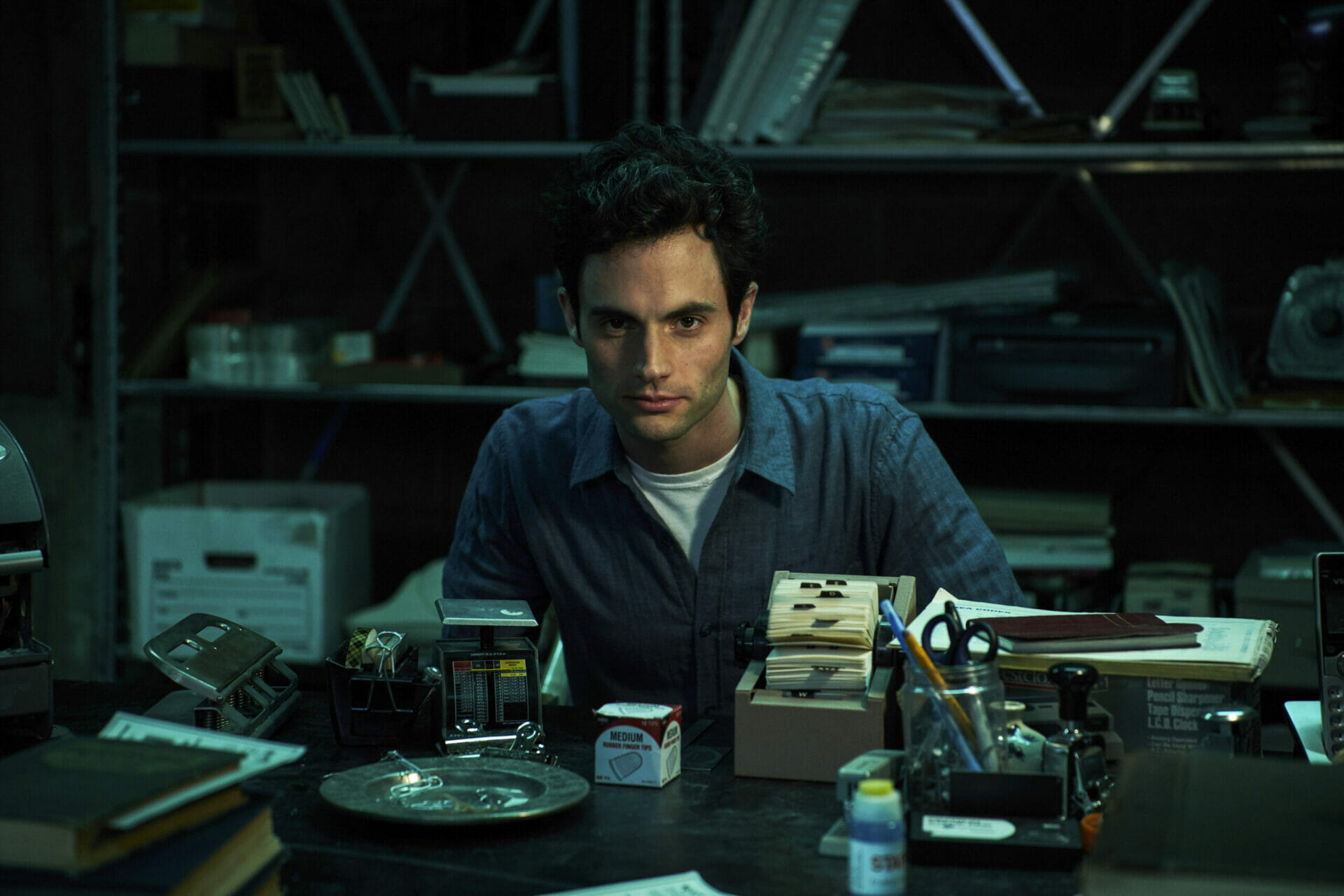
Don Juan DeMarco | Survival of the Romantic Hero
Runtime
Dr. Jack Mickler (Marlon Brando) is a psychiatrist on the verge of retirement. One night, he sees a 21-year-old man (Johnny Depp) trying to kill himself by jumping off a billboard. The man wears a Zorro-like mask and claims to be the mythical folk Spanish libertine, Don Juan DeMarco. Mickler dissuades him by pretending to be the character Don Octavio de Flores and accepts the young man as his last patient.
Don Juan DeMarco is a 1995 romantic dramedy directed by Jeremy Leven. The movie relies heavily on two primary sources: Leven’s own short story Don Juan DeMarco and the Centerfold, and the unfinished satirical epic poem Don Juan (1819-1824) by English romantic poet Lord Byron. The story is thus a modern twist on one of the most popular and celebrated romantic heroes and his adventures. The different context also allows the viewers to reflect on the line between passion and obsession. By making Don Juan a patient in a mental institution, the movie encourages meditation on mental illness, mental balance, and self-fulfillment.
Have You Ever Really Loved a Woman?
‘There are only four questions of value in life, Don Octavio. What is sacred? Of what is the spirit made? What is worth living for, and what is worth dying for? The answer to each is the same: only love.’
John Arnold DeMarco/Don Juan (Johnny Depp)
Don Juan (Depp), whose real name turns out to be John Arnold DeMarco, is committed to a mental institution for evaluation. Dr. Mickler (Brando) decides to treat him without medication, and the young man’s story, however far-fetched, fascinates the psychiatrist. He claims to be the greatest lover the world has ever known but wants to end his life after disappointing the woman he loves most.
During their sessions, Dr. Mickler continues to impersonate Don Octavio de Flores while John/Don Juan tells him about his adventurous life. From growing up in Mexico to his first experience with Doña Julia to the two years he spent in a harem. His presence begins to influence the behavior of the entire clinic staff. But John’s story also leads Mickler to reflect on his marriage to his wife, Marylin (Faye Dunaway), and his desire to rekindle their long-lost passion.
The song Have You Ever Really Loved a Woman?, written by Canadian musician Bryan Adams with American composer Michael Kamen and South African producer and songwriter Robert John “Mutt” Lange, recurs as a leitmotif throughout the movie. It earned a nomination for Best Original Song at the 68th Academy Awards. It also ranked number one in many states and proved to be a hit with listeners. If the song’s title asks as much of the public as Don Juan asks of Mickler, the music echoes a context in which a lot remains undefined. The melody deftly blends hints of flamenco, waltz, and Hispanic folk music, rich with Spanish guitar and castanets. In addition, one version of the track features the famous flamenco guitarist Paco de Lucia on guitar. What opens as a dance evolves into a ballad that sets the stage perfectly for the dance between Don Juan and Mickler.
As if love were madness
‘I would say that he has a rather limited and uncreative way of looking at the situation. Look, you want to know if I understand that this is a mental hospital? Yes, I understand that. But, then how can I say that you are Don Octavio and I am a guest at your villa? Correct?’
John Arnold DeMarco/Don Juan (Johnny Depp)
Dr. Mickler’s certainties begin to waver when several particulars confirm his patient’s version. Even his narrative, though rich in melodramatic and implausible details, sounds lucid and congruent. His charm plants doubts in Mickler’s perception of reality, making him wonder what is true and what is not. As the therapy progresses, the psychiatrist and the viewer come closer and closer to John’s point of view and perception of the world. But the distinction between real and unreal is never clear. In contrast to David Fincher‘s Fight Club, the conclusion doesn’t reveal a deep mental suffering, but rather a more sensitive way of living.
Part of Mickler’s reflections revolve around his relationship with his wife. If his marriage were a song, it would probably be Zu zweit allein by the German medieval folk-rock band Schandmaul. The song (as well as its video clip) tells the story of a couple who were once deeply in love. But years have passed and they can barely remember their feelings. Mickler and his wife Marilyn share their daily life but without ecstasy or tenderness. Almost as if they were just roommates. Then something sparks, a sudden illumination of reality.
‘I want to know what your dreams and your hopes are that got lost along the way while I was thinking about myself.’
Dr. Jack Mickler/Don Octavio de Flores (Marlon Brando)
The therapy reminds Mickler that there was a time when they were young and passionate. Don Juan’s narrative is so vivid and pure that it seems impossible for him to live any other way. It is as if his madness allows him to remember love and to live possessed by passion, contaminating the people around him. His conviction drives Mickler to recover the lost feeling.
Romantic hero, Byronic hero, libertine
‘Sadly, I must report that the last patient I ever treated, the great lover Don Juan DeMarco, suffered from a romanticism which was completely incurable, and even worse, highly contagious.’
Dr. Jack Mickler/Don Octavio de Flores (Marlon Brando)
Depp and Brando – who in real life have both been portrayed by the media as two Hollywood-style “Don Juans” – dominate the scene and shape the entire movie with their performances. Depp has often expressed his admiration for Brando, and they collaborated on The Brave in 1997, Depp’s directorial debut. In Don Juan DeMarco, they bring the legend of the Byronic hero to the screen, but with a modern spin. They breathe new life into the subject by giving a new shine to a tender comedy-drama.
Many define the character of Don Juan as a romantic hero. Others, however, consider him one of the best examples of a Byronic hero, or even a libertine. They all belong to the category of anti-heroes: far from perfection, they are characters full of shadows and larger-than-life flaws. They aren’t really antagonists; rather, they rebel against social norms they don’t recognize by behaving unconventionally.
Don Juan DeMarco shares with all three an eccentric life on the fringes of society. As a romantic hero, he is a sophisticated man who prefers to hide in his inner world. As a Byronic hero, he is charming, cunning, and proud, but unlike him, he is not haughty. Whereas Byronic heroes don’t feel guilty, Don Juan suffers for a “crime” he feels he has committed. And while libertines devote their lives to the pursuit of personal pleasure, Don Juan seems more devoted to emotion than to physical gratification. He also has a private sense of morality, whereas true libertines often have none. He owes part of his charm to the mystery that surrounds him and that is materialized in the mask.
However, despite being misunderstood, one can still identify with Don Juan, as with many anti-heroes. A human being whose greatest strength lies precisely in his greatest imperfections.
The many forms of a hero against the tide
The gentleman womanizer has been interpreted and analyzed with many nuances over the years. These variations have made him a complex and multifaceted character, the protagonist of various stories, from the James Bond series to Ernst Lubitsch‘s Heaven Can Wait (1943), becoming a myth.
Over the years, the character has undergone several incarnations. In 2011, Steve McQueen turned seductive power into a disease, creating a kind of distorted Don Juan in his movie Shame. In contrast to Lord Byron’s heartbreaker and charming man surrounded by women, the protagonist of Shame (Michael Fassbender) is dominated by his sex addiction, which makes it impossible for him to form relationships and isolates him from real feelings. This is an intimate sentence that also applies to the character of Don Jon in Joseph Gordon-Levitt‘s 2013 movie of the same name. There, the protagonist suffers from an addiction to pornography, but more than that, the unrealistic expectations surrounding porn movies completely define his private life.
Much like them, Don Juan DeMarco seems to be reacting to unrealistic social expectations that have given him an idealized vision of love. Modern society views his romanticism as a mental illness and classifies him as hopeless, as Mickler is forced to admit.
Dun Juan becomes an archetype, more than a character. A spirit that can take on infinite forms to embody charm and passion. Thus, the romantic hero survives in him, allowing everyone to see an escape hatch to a more passionate, vibrant existence.
Tag
Buy a ☕ for Hypercritic










